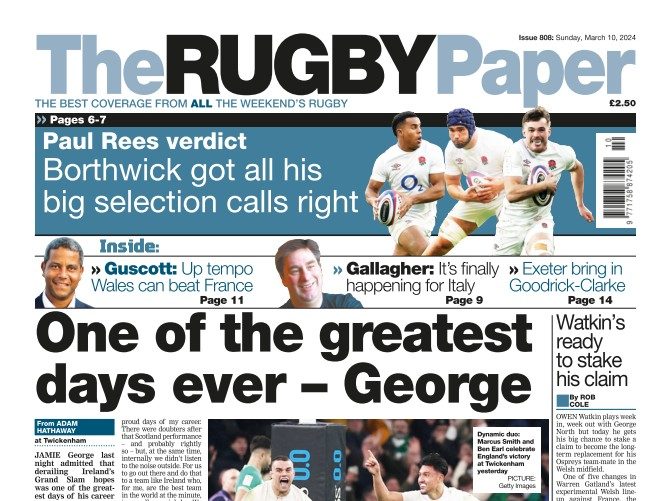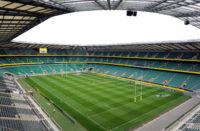The Six Nations is an annual competition in the sport of rugby union that is contested between six teams, England, France, Ireland, Italy, Scotland and Wales. In its current format it has been running since the year 2000 and has been won by four different nations with six wins for England making them the most successful Six Nations side.
Origins of the Six Nations
In 1883, the tournament began with just four teams and was known as the Home Nations Championship due it comprising of the 4 countries from the UK at the time, England, Ireland, Scotland and Wales. The tournament ran up until 1910 with all teams winning multiple times in that period. At this point France were admitted to the tournament and it began to be known as the Five Nations championship.
The Five Nations period ran until 1932 and saw wins for all nations except France who not only didn’t win but were expelled in 1932 due to allegations of professionalism, which was illegal due to it being an amateur game at the time. Therefore the tournament reverted to being called the Home Nations Championship again. Despite Ireland splitting into two and the ROI being separate to the UK the rugby union team stayed to represent both parts of Ireland and was still known as a home nation. This period lasted until only 1939 when France were readmitted and immediately the tournament was then suspended during the Second World War. It restarted in 1947 and continued in this format all the way until 2000 when the modern Six Nations Championship was born with the admission of Italy.
The Tournament
The current tournament format is relatively simple, each team plays every other team once with the home advantage changing from year to year, so a team will switch between playing 3 home games and 2 away games and vice versa each year.
There are 2 points awarded for a win, 1 for a draw and none for a loss. The last tournament in 2017 was the first time that the tournament added in the use of bonus points and changed the scoring system to replicate that used in most other tournaments. That is 4 points for a win, 2 for a draw and 0 for a loss. The bonus point’s work as 1 for a team that scores 4 or more tries in a game and one for any team that loses by 7 or fewer points. A team is also awarded 3 bonus points for winning the ‘Grand Slam’, which is obtained by beating every single team.
The telegraph put together a good little video explaining the history of the six nations, if you want more information check it out here.
Six Nations Trivia
To finish off with a bit of rugby trivia let’s have a look at some of the records.
- Ronan O’Gara holds the record number of points at 557.
- Jonny Wilkinson has the record for points in one game with 35 against Italy in 2001.
- The record for number of tries is Brian O’Driscoll who accumulated 26 over his career for Ireland.
The Grand Slam isn’t the only title that is awarded. If any one of the home nations manages to beat all other three home nations they are said to have won the ‘Triple Crown’. Since 2006 there is now a physical trophy awarded for this. The least desirable of all these titles is the Wooden Spoon and this is the title that the team finishing bottom of the table receives. A team is considered to have been ‘whitewashed’ if they finish the tournament having lost all five games.
Looking for more Rugby trivia? Then check out this Ladbrokes Rugby guide, at the bottom of the article you will find a Rugby Facts and Trivia section
























